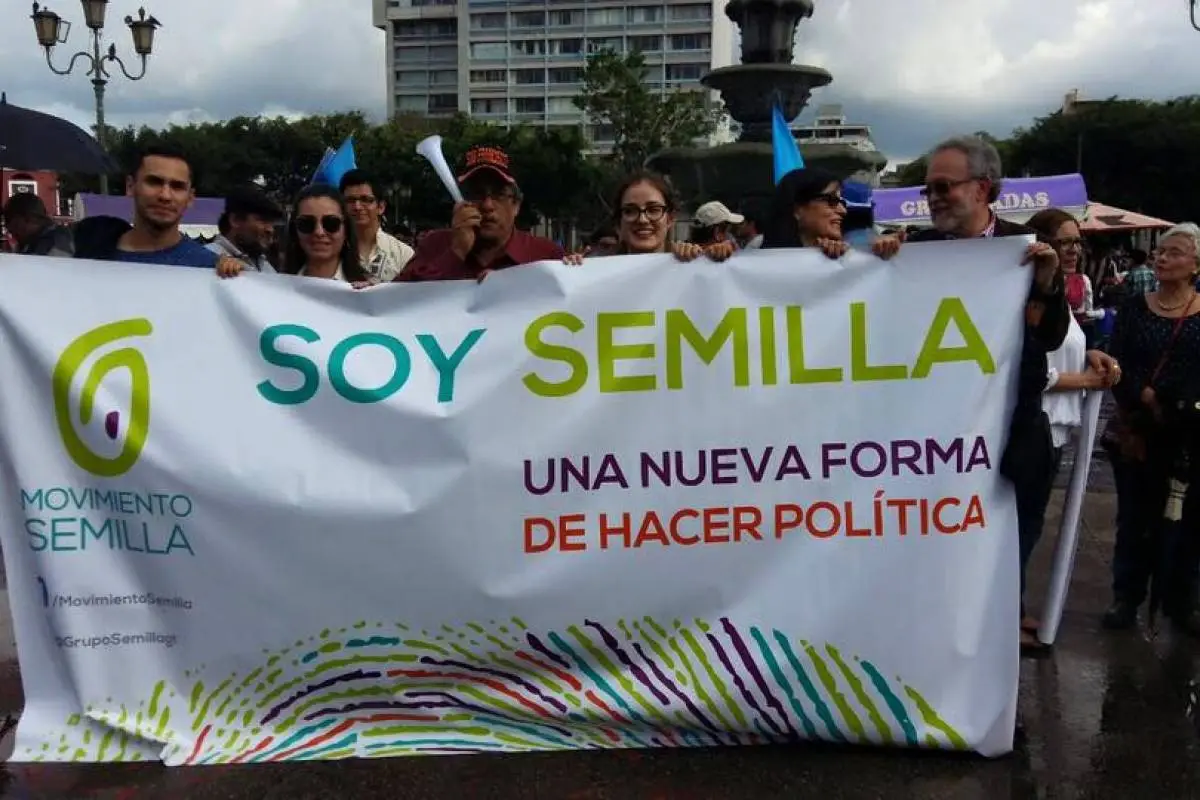Guatemala’s Constitutional Court has ruled against the Semilla Party’s attempt to form an official group in Congress, compelling its deputies to remain independent.
This decision marks a significant blow to the party’s ambition to establish a legislative bloc, especially after President Bernardo Arévalo’s election victory.
The court’s ruling came after dismissing an appeal from Semilla’s Samuel Pérez and partially accepting a challenge from the Vamos party, questioning Semilla’s official status.
Consequently, this diminishes Semilla’s congressional influence by barring its members from key committees and leadership positions.
Amidst legal challenges, Semilla’s registration faced scrutiny for potential irregularities, leading to a suspension of its credentials since the previous August.
Despite this, the new congress initially voted to lift restrictions on Semilla deputies, a crucial step for President Arévalo’s inauguration.
Yet, this progress was reversed by the court’s latest ruling, significantly curtailing the ruling party’s effectiveness in parliament.

This shift illustrates the complex power dynamics in Guatemalan politics and highlights the importance of legal and procedural norms.
The court’s decision also impacts the representation of diverse political views in Congress, potentially unbalancing legislative decision-making.
This change could affect policy outcomes and reflect the broader political landscape in Guatemala.
Background
Moreover, the ruling’s reversal shows the unpredictable nature of the nation’s politics, stressing the significance of legal frameworks in political governance.
This situation extends beyond the Semilla Party, potentially affecting overall political participation and the democratic process in Guatemala.
This development emphasizes the judiciary’s pivotal role in shaping political scenarios and the future of democratic institutions in Guatemala.
It serves as a reminder of the ongoing challenges faced by political parties and highlights the importance of adherence to legal standards in political affairs.

